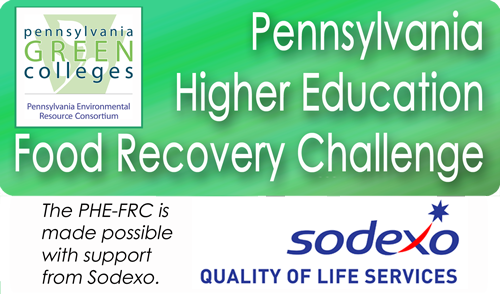A UNIQUE STATEWIDE SUSTAINABILITY PROGRAM
| The Situation |
 |
HUNGER Over 16% of the people in the U.S. are food insecure. For American kids, it's 1 in 5. |
 |
WASTE 40% of American food goes to waste. 97% of that waste goes to landfills and incinerators. |
 |
GHG Decomposing food generates methane; a potent greenhouse gas: 33 times more so than carbon dioxide. (Shindell, et al, Science 2009) |
 |
RESOURCES Wasted food means wasted resources. Resources that could be put to use in service of a college or university's mission. |
| The Project |
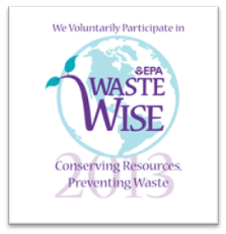 |
PARTNERSHIP PERC has joined U.S. EPA as a WasteWise program partner. WasteWise helps organizations and businesses apply sustainable materials management practices to reduce municipal and select industrial wastes. Through WasteWise, PERC has become a Food Recovery Challenge (FRC) Endorser. Doing so allowed us to develop the PHE-FRC, the first statewide project of its kind in the country with unique participant benefits (below.) |
|
 |
|
|
 |
THE CHALLENGE As an FRC Endorser, PERC is encouraging our Member Schools to join the FRC as Participants. To accomplish the goal of increasing participation in FRC, PERC is launching “The PA Higher Ed Food Recovery Challenge (PHE-FRC)” which provides schools who join with some unique benefits (below.) |
|
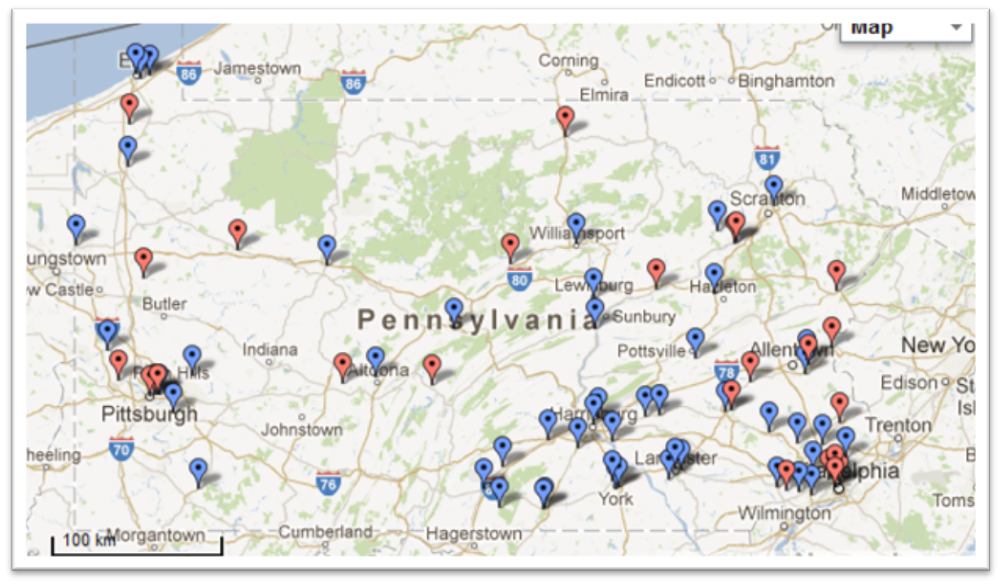 |
STATEWIDE COLLABORATION By tackling food recovery as a statewide challenge, PA schools can benefit from friendly competition and collective momentum. |
|
 |
BEST PRACTICES PERC will provide regular communications to Pennsylvania's Colleges and Universities sharing challenges met and success stories. |
|
 |
SECRETARIAT PERC will track PHE-FRC metrics reported by participating institutions and recognize progress made along a variety of parameters. |
| The Benefits |
 |
CARBON FOOTPRINT REDUCTION Engaging successfully in the PHE-FRC will result in a reduced greenhouse gas emissions. Not only does participation in the Challenge produce these positive results, but software allows the EPA to provide a valid quantification of that reduction to each school for use in its carbon reporting. |
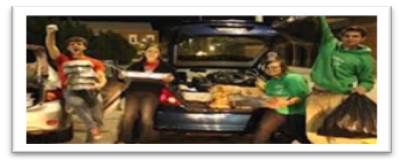 |
STUDENT ENGAGEMENT Students eat every day. With many of them eating on campus, this project is a very real-to-students sustainability initiative. There is opportunity for students to get involved in a variety of efforts from food rescue to campus composting and more. |
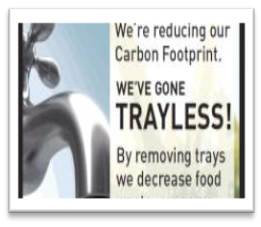 |
SUSTAINABILITY AWARENESS In addition, through effective campus communication about the project (signage in the dining areas for example), sustainability education can happen at a very "gut" level. |
 |
COMMUNITY CONNECTIONS The PHE-FRC provides a number of opportunities for the college community to initiate and strengthen relationships with its surrounding communitiy. One example: rescued food might be taken to local shelters. |
| Sign up now! |
 |
SIGN UP Ready to begin? Click here to enroll your institution in the PHE-FRC. To find out more about what's involved in "Taking the Challenge," go here. |
 |
COST
|
